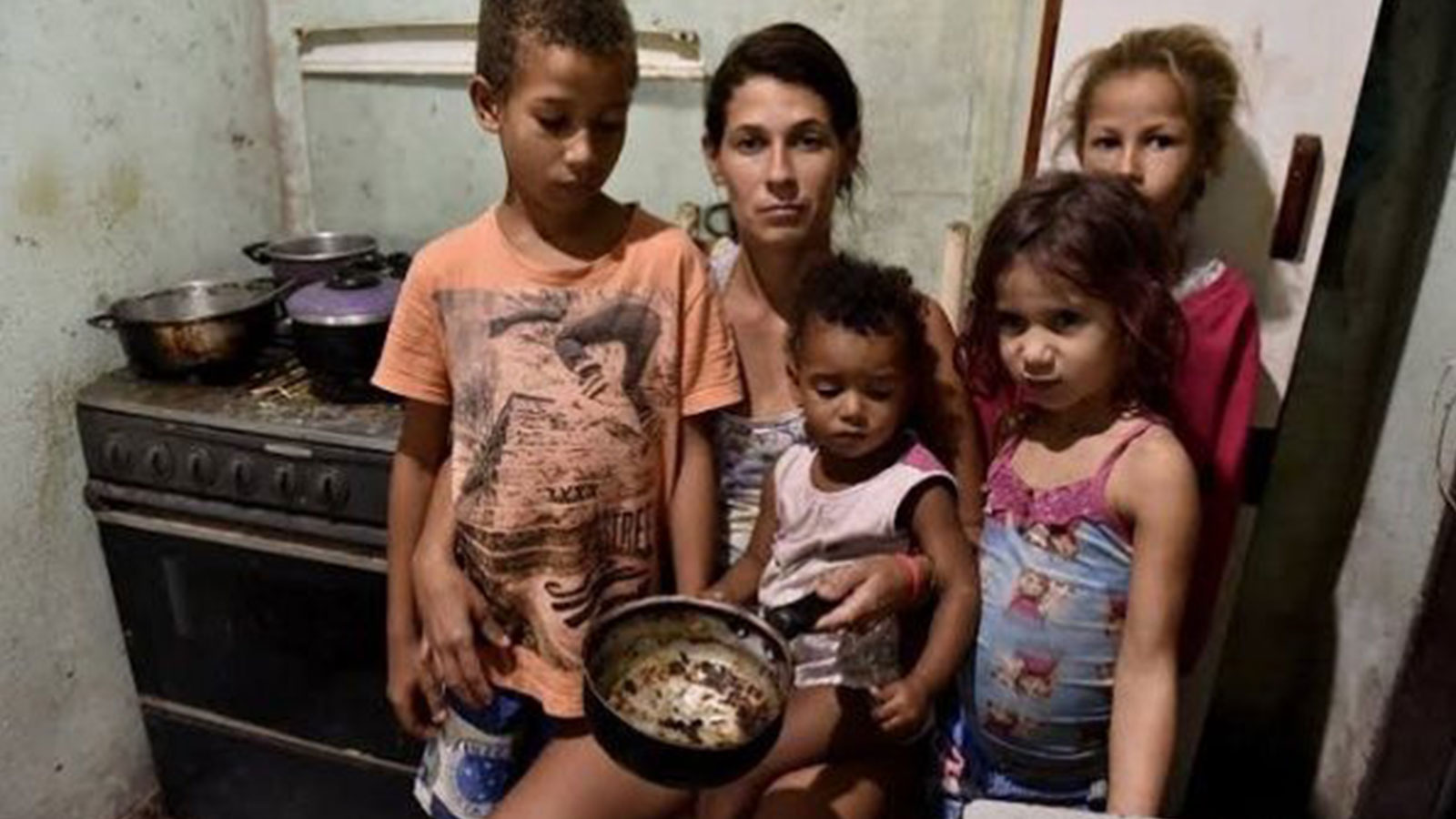The United Nations Food and Agriculture Organization (FAO) on Wednesday warned of a “dire” rise in hunger in Latin America and the Caribbean, after the number of people suffering from hunger in the region grew by 4 million between 2020 and 2021 amid the COVID-19 pandemic.
From its regional office for Latin America and the Caribbean in Santiago, Chile, the agency presented “The State of Food Security and Nutrition in the World 2022,” which shows that in 2021 as many as 56.5 million people in the region suffered hunger and 268 million people faced food insecurity.
The situation worsened notably after the number of people suffering hunger rose by 9 million between 2019 and 2020, according to the report, with the undernourished currently accounting for 8.6 percent of the regional population.
“The situation is extremely dire. In just two years, 13 million people have fallen into hunger. And four out of 10 people live with food insecurity, while we have yet to brace for the impacts of the current food crisis,” FAO regional representative Julio Berdegue said in a statement.
“We are facing a complex crisis of proportions that require unprecedented action, not only from governments but from all the players in the regional agri-food system,” said Berdegue.
The report pointed out that of the 823 million people who suffered from hunger worldwide in 2021, more than half live in Asia and more than a third in Africa, while Latin America and the Caribbean account for 7.4 percent of the total.
The report was jointly published by the FAO, the International Fund for Agricultural Development, the United Nations Children’s Fund, the World Food Program and the World Health Organization.
Source: Xinhua
Featured image: A poor family in Brazil, July, 2022 (Twitter, @choquei).















